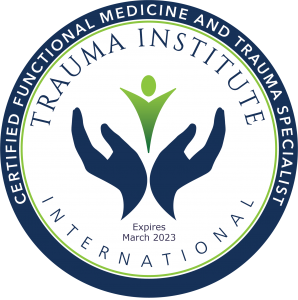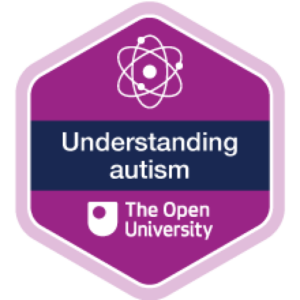Clients who are non neuro typical
Are you someone who has an assessment of one of the many forms of non neuro typical cognitive presentation? Maybe you have autism, Asperger, dyslexia, dyscalculia, dyspraxia or maybe no formal label, or even a combination of different labels?
How can it feel to be non neuro typical?
Studies have indicated that people who have both non typical sexual / gender identities, and those who are non neuro typical, both suffer from more mental health issues. Historically people blamed this on the “difference” of the person. We now know through research that the increased level of mental health issues are because of the lack of support, and sadly often discrimination that “non typical” people suffer.
Common problems include:
- Anxiety
- Depression
- Mood swings
- Stress
- Anger issues
- Interpersonal relationship issues with understanding and communication
- Conformity issues: conforming when you want to, and refusing when you don’t
- General understanding and communication
- Feeling accepted
- Self accepting identity in the face of social constructivism
- Intersection issues: how your neuro typical “identity” fits in with other features of who you are such as sexuality, gender, age, ethnicity etc
Each of the clinical issues above have RCT and NICE referencing on their individual description pages. For Autism related issues the guidance followed in designing service provision is that published by NICE and consulted on by several charities and support organisations. https://www.nice.org.uk/guidance/cg142/
We do not provide any form of conversion therapy. We are an inclusive provider, and we will work with you over the therapy process to ensure we are the clinically appropriate service for your needs and that working with your needs will be within our competency, and match our service specialisms
What can you do to resolve these problems?
Stuart believes in the development of a personal narrative. This is our story. Usually when a client comes to therapy they have a story partly determined by other people, labels and society. Developing a new and modified personal narrative helps the client to develop a sense of how they want to fit in, and how best to achieve it.
Some development of social masking may be helpful (ability to seem “normal / typical”) but this should be under the control, and determined by the client for their own wellbeing and self development and not to please others / society.
Developing a personal narrative also enables the client to see past discrimination and develop their strengths and qualities, which often stem from their “difference”.
Stuart is not only a certified specialist in both ADHD and ASD therapy, he is also himself someone with ASD, ADHD and Dyslexia.
Coping better with ongoing stress and anxiety
To cope better with ongoing stress and anxiety the client often benefits from counselling, psychotherapy and eastern psychology methods including self-compassion and mindfulness. These teach coping methods and self soothing, which increases what is often called resilience. This is not conformity however, and protects the client in a way that benefits them.
Hillier et al (2020) found coaching effective in helping to manage autism. Oliva et al (2021) found MBCT and MBSR useful in addressing ADHD.
Hillier, A., Poto, N., Schena, D., Dorey, J., Buckingham, A., Santagelo, M. and Frye, A. (2021). Overview of a Life Skills Coaching Program for Adults on the Autism Spectrum: Coaches’ Perspectives. Psychological Reports, 0 (0), 1-27.DOI: 10.1177/0033294121991021
Oliva, F., Malandrone, F., di Girolamo, G., Mirabella, S., Colombi, N., Carletto, S., & Ostacoli, L. (2021). The efficacy of mindfulness-based interventions in attention-deficit/hyperactivity disorder beyond core symptoms: A systematic review, meta-analysis, and meta-regression. Journal of Affective Disorders, 292, 475–486. https://doi.org/10.1016/j.jad.2021.05.068
Who is the therapist?
Stuart’s biography and qualifications etc are listed elsewhere on this website for reference. Most importantly, as well as being fully accredited, qualified and insured, he is dedicated to ongoing professional training in areas of difference and attends regular Scotland based training in difference, as well as having an established case load historically and present of non-neuro typical and sexual / gender identity clients.
New Specifically Trauma related site NEW! HERE
Key words
Neuro-typical, dyslexia, dyscalculia, dyspraxia, autism, asperger, gender identity, non binary identity, LGBT, BDSM, discrimination, marginalised, social masking, counselling, counsellor, psychotherapy, psychotherapist, psychoanalysis, psychoanalyst, mindfulness, self acceptance, self compassion, eastern psychology, Edinburgh, Glasgow, Falkirk, Skype, Phone counselling, couples counselling, relationship counselling, life coaching






